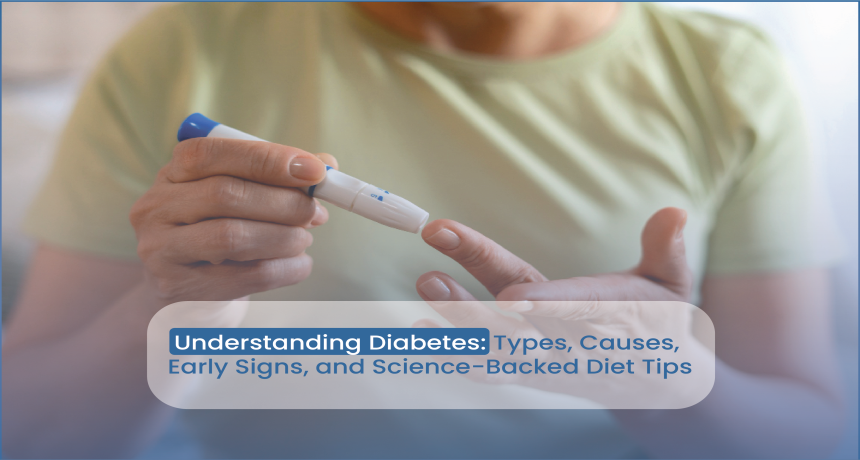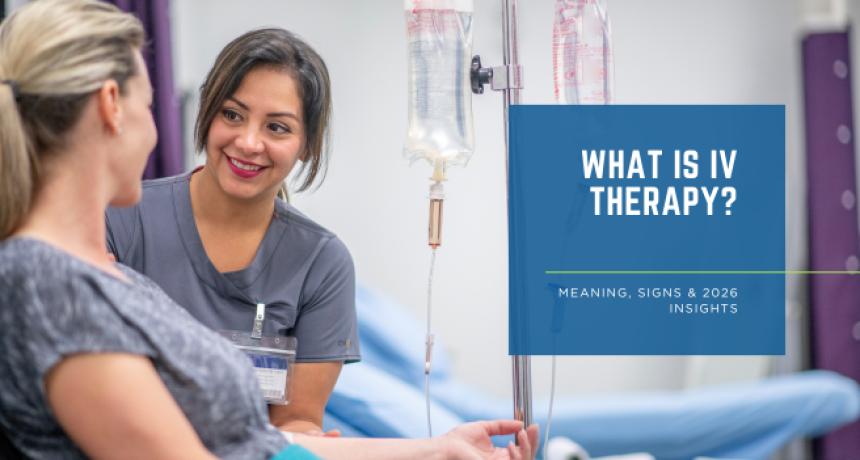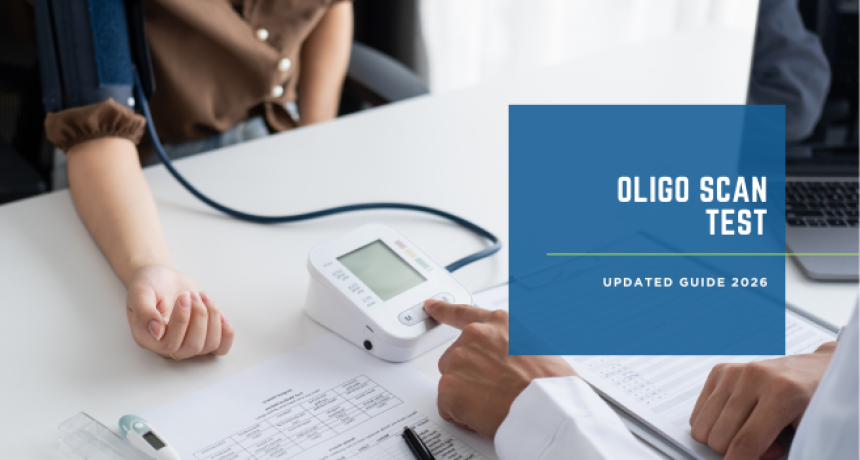Understanding Diabetes: Types, Causes, Early Signs, and Science-Backed Diet Tips
2025-07-16 Diabetes is an intricate and increasingly prevalent health challenge for millions, and despite its prevalence, many people do not know what diabetes is, how it occurs, or how to treat or reverse it. This article provides an overview of diabetes; its types, causes, signs, and recent evidence-based dietary and lifestyle changes that can improve matters - that is comprehensive, yet easy to digest. Diabetes is a chronic metabolic disorder characterized by high blood glucose levels. When we eat, our metabolism breaks the food down into glucose, which enters the bloodstream as glucose. Insulin, a hormone released from the pancreas, is necessary for the body's cells to use glucose as energy. In diabetes, either the pancreas does not make enough insulin, or the body's cells are resistant to insulin. Hence, the blood glucose level stays elevated, and blood glucose at elevated levels can damage the body's organs, nerves, and blood vessels over time. This is an autoimmune disease where the immune system mistakenly attacks (and kills) the insulin-producing cells (called the beta cells) of the pancreas. Type 1 usually develops in childhood or early adulthood. Individuals with Type 1 diabetes will need insulin for the rest of their lives. The most common type of diabetes, Type 2, is caused by insulin resistance and is primarily associated with excess body weight, poor diet, and inactivity. Type 2 diabetes is not "cured," but has many examples of individuals who are in remission due to lifestyle changes. This type of diabetes develops during pregnancy due to hormonal changes, and the insulin is working ineffectively because of pregnancy. Gestational diabetes generally resolves after the baby is born, and women who have gestational diabetes have an increased risk of developing Type 2 diabetes towards the end in life. Genetics: Family history increases risk factors, particularly in Type 2 and Type 1 diabetes. Lifestyle: High-calorie diets, processed food, lack of physical activity, and obesity are key risk factors for Type 2 diabetes. Autoimmune factors: Cause Type 1 diabetes. Hormonal fluctuations: Causes gestational diabetes during pregnancy. Increased thirst and urination Unusual tiredness Blurry vision Slow-healing wounds Unintentional weight loss (more common in Type 1) Tingling and numbness in extremities Increased hunger, even after meals Early diagnosis is important through testing in order to reduce complications. Type 1 diabetes cannot be cured, but can be treated with insulin and diligent monitoring. Type 2 diabetes can be reversed or go into remission with enough sustained lifestyle changes, such as weight loss, nutrition, and exercise. Higher amounts of vegetables, fruits, whole grains, nuts, fish, and healthy fat (e.g., olive oil) have been shown to support cardiovascular health and to help reduce blood sugar levels. Limiting refined carbohydrates and sugar improves insulin sensitivity and is associated with weight loss, both of which are essential for Type 2 diabetes management.t Encourages fruits, vegetables, whole grains, lean protein, and less sodium. It is associated with better blood pressure management and metabolic health. Low glycemic foods will release food sugar more slowly, maintaining blood glucose levels at or near normal. Aim to eat 30 to 50 grams of fibre daily from vegetables, legumes, and whole grains. An emphasis on whole, minimally processed plant food has been shown to improve insulin resistance and metabolic health. Physical Activity: Consistent exercise helps improve insulin sensitivity as well as weight loss or management. Weight Management: Losing even 5-10% of body weight can have a dramatic effect on blood sugar management. Stress Management: Chronic stress can raise your blood sugars. Methods such as meditation or yoga can help. Sleep Quality: Poor sleep can impact your insulin response. Monitoring: Keeping track of your blood sugars and diet can allow you to identify your methods of management. Sugar alone causes diabetes: There is a combination of factors involved, such as genetics and lifestyle. I can’t have carbs: Balanced, complex carbohydrates are important for health. Insulin is bad: It is a vital, life-saving treatment, especially in Type 1 diabetes. Normal weight won’t cause me any risk: There are other factors, such as visceral fat and genetics. Diabetes can be cured: Type 1 is lifelong; Type 2 can be managed or reversed with effort. If you have symptoms or risk factors, including obesity or a family history, you should talk to your healthcare provider about a screening test, which is often fasting blood glucose or HbA1c. Management of diabetes requires an informed and active approach to healthy eating, exercise, and effective medical care. With the appropriate approach, people visiting a diabetes clinic in Delhi, such as L&B Clinic in Delhi, can live fulfilling and healthy lives. With the right lifestyle changes, diabetes can be managed (even Type 2 can be reversed). If you learn about your diabetes, eat a healthy diet, be active, and routinely monitor your health, life can be far easier. If you monitor your health often, you can learn to manage your diabetes successfully for the long term. Take action now! Small changes can make a big difference!What Is Diabetes?

Types of Diabetes
Type 1 Diabetes
Type 2 Diabetes
Gestational Diabetes
Causes and Risk Factors
The following are early warning signs and symptoms to watch for
Is Diabetes Curable?

Science-Backed Dietary Approaches for Diabetes Management
Mediterranean Diet
Low-carbohydrate Diets
DASH Diet
High-fibre, low-glycaemic foods
Plant-based diet
Practical Diet Plan

Beyond Diet: Lifestyle Factors
Common Myths Debunked
When to See a Doctor?
Conclusion
.png)















